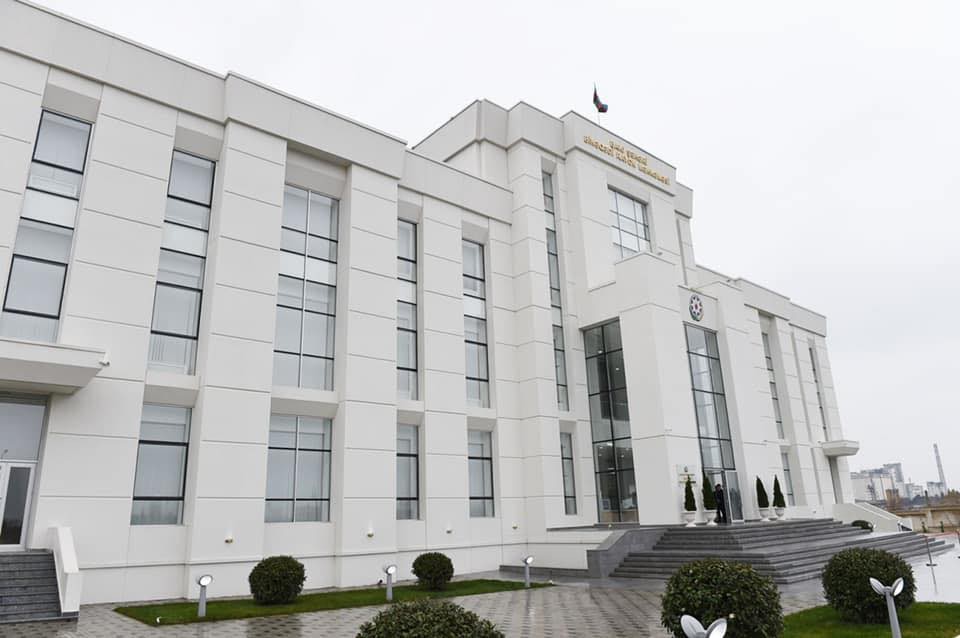
A 63-year-old Azerbaijani man has been sentenced to two years in prison and ordered to pay ₼50,000 ($29,000) in compensation to five judges he was accused of insulting and slandering.
In his case files on the judiciary’s e-portal, Hikmat Shukurov is accused of using the following words in reference to the judges: ‘executioner’, ‘dishonest and without conscience’, and ‘shepherd’, in reference to a judge’s women relatives, whom he accused of being prostitutes.
He has additionally accused the judges of accepting bribes.
According to RFE/RL Shukurov mentioned the names of the judges in a comment section: Vali Abdullayev, Elchin Khasmammadov, Firdovsi Aliyev, Elshan Huseynov, and Jeyhun Mustafayev.
The Binagadi District Court sentenced Shukurov to two years in prison on 14 November. The civil claim was partially upheld, with the judges awarded ₼50,000 in compensation for moral damages.
According to RFE/RL, Shukurov had been arrested twice in the past three months.
The first time he was detained was during a hearing over a land dispute with his nephew, Sabit Aliyev, in July. He was detained for eight days for causing a disturbance in the courtroom.
In October, he was arrested again and sentenced to a month on administrative charges of hooliganism and resisting the police. His October arrest took place after he made the comments on Facebook, his relatives told RFE/RL.
Human rights lawyer Yalchin Imanov told OC Media that Shukurov’s latest sentence was ‘disproportionate and severe in its nature’.
‘When there’s an interference with freedom of expression, the proportionality of the interference must be assessed. The nature and severity of the sanction applied are also taken into account when assessing proportionality’.
‘Moreover, they likely expressed their opinion during a public debate on the illegality of this court decision. At least in terms of the severity of the sanctions, this interference does not meet the criterion of necessity in a democratic society. Therefore, the violation of freedom of expression in this case is serious’, Imanov continued.











